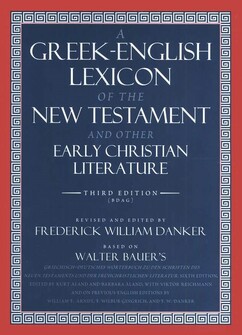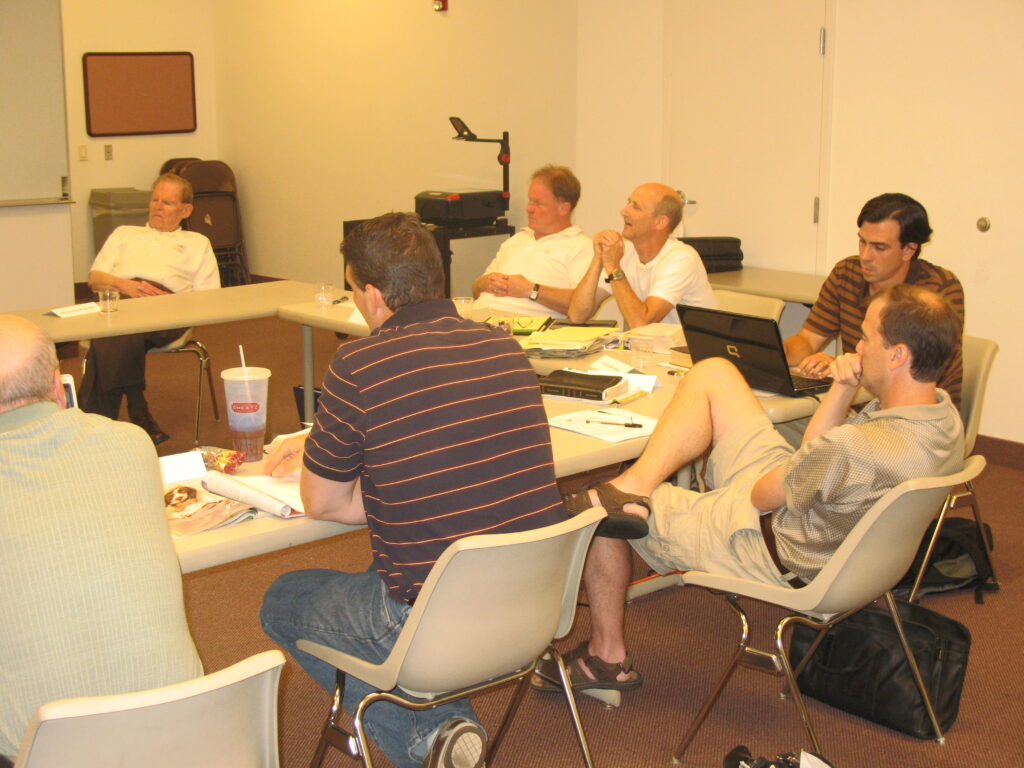
If someone asked me to suggest one thing to do to help improve their preaching, I would say:
“Be an avid reader of the best theologians.”
Here’s an example that shows the potential payoff…
The first part of Genesis 3:15 reads,
I will put enmity between you and the woman, and between your offspring and her offspring
Bavinck makes a very simple, but profound observation. He says that this is one of the earliest references to the grace of God in the Bible. He reminds readers of a kind of relationship that the serpent and Eve (and Adam) had earlier in the chapter. They were in agreement.
But God announces what He would do from that moment on in redemptive history: “I will put enmity between you and the woman…”
What would have happened to that relationship if God hadn’t graciously stepped in? The fact that God did step in and created enmity explains all dimensions of spiritual warfare and victory in the Christian life.
Sermons that say this are better. Period. I should have observed this through the years, but didn’t. I am indebted to Bavinck for seeing what I missed. This has happened a lot to me this past year as I have read him bit by bit.
Preachers who want to function as theologians for their flocks do well to devour the best theologians they can access and/or afford. Because…
- This helps stem the tide of theology-lite sermons created by steady diets of topical preaching in the name of almighty relevancy.
- It forces us to think theologically at a depth beyond the norm.
- It supplements our exegesis like nothing else I know of.
May our Lord continue to receive glory in the church and in Christ Jesus (Ephesians 3:21) as we do our best by His Spirit and with our Spirit-given abilities/opportunities to be the best theologians we can for the faith-families entrusted to our care.
Randal










